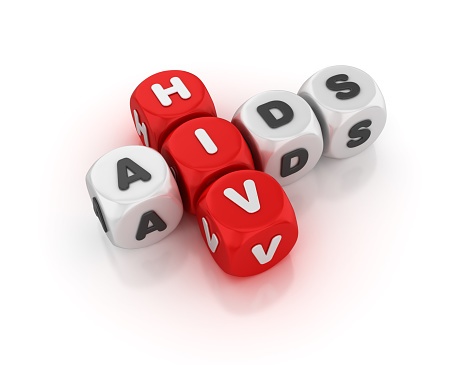The use of pre-exposure prophylaxis (PrEP) is essential for reducing human immunodeficiency virus (HIV) incidence, particularly among men who identify as gay or bisexual, who have sex with men, and/or who are also heavy drinkers. While practice guidelines recommend providing adherence counseling to PrEP patients, many clinics and providers may not have the resources or expertise to accommodate this counseling.
Two studies aimed to assess the usability and user experience of a website, called Game Plan, built to help users make a tangible plan for reducing their HIV risk. The studies, published in JMIR Formative Research, focused specifically on GBM who drink heavily and are on PrEP.
In the first study, which was a usability study, researchers conducted detailed interviews of 10 participants who went through a prototype of the website, thinking aloud as they did, and subsequently completed a follow-up interview and web-based survey. In the second study , assessing user experience, 40 participants were provided a link to the prototype website to explore on their own, and subsequently completed the same process as individuals in the usability study.
The results showed that users in both studies gave the website excellent ratings for usability, overall satisfaction, and quality, and most described the site as informative, helpful, and supportive. Moreover, users favorably rated the site’s content and feel as respectful of them and their autonomy, empathetic, and they stated that it conveyed confidence in their ability to change. The interviews from the usability study highlighted the importance of the website’s esthetics to the participants’ engagement with it and its credibility in prompting genuine reflection, the researchers noted.
“[Gay or bisexual men] who reported heavy drinking and used PrEP generally found a website focused on helping them to create a plan to use PrEP consistently to be helpful. Adopting user-centered design methods and attending to the esthetics of mobile health interventions are important steps toward encouraging engagement and reducing at-risk behaviors,” the researchers concluded.
Link: https://pubmed.ncbi.nlm.nih.gov/34783662/
Keywords: HIV, HIV prevention, eHealth, mHealth, mobile health, mobile phone, pre-exposure prophylaxis









